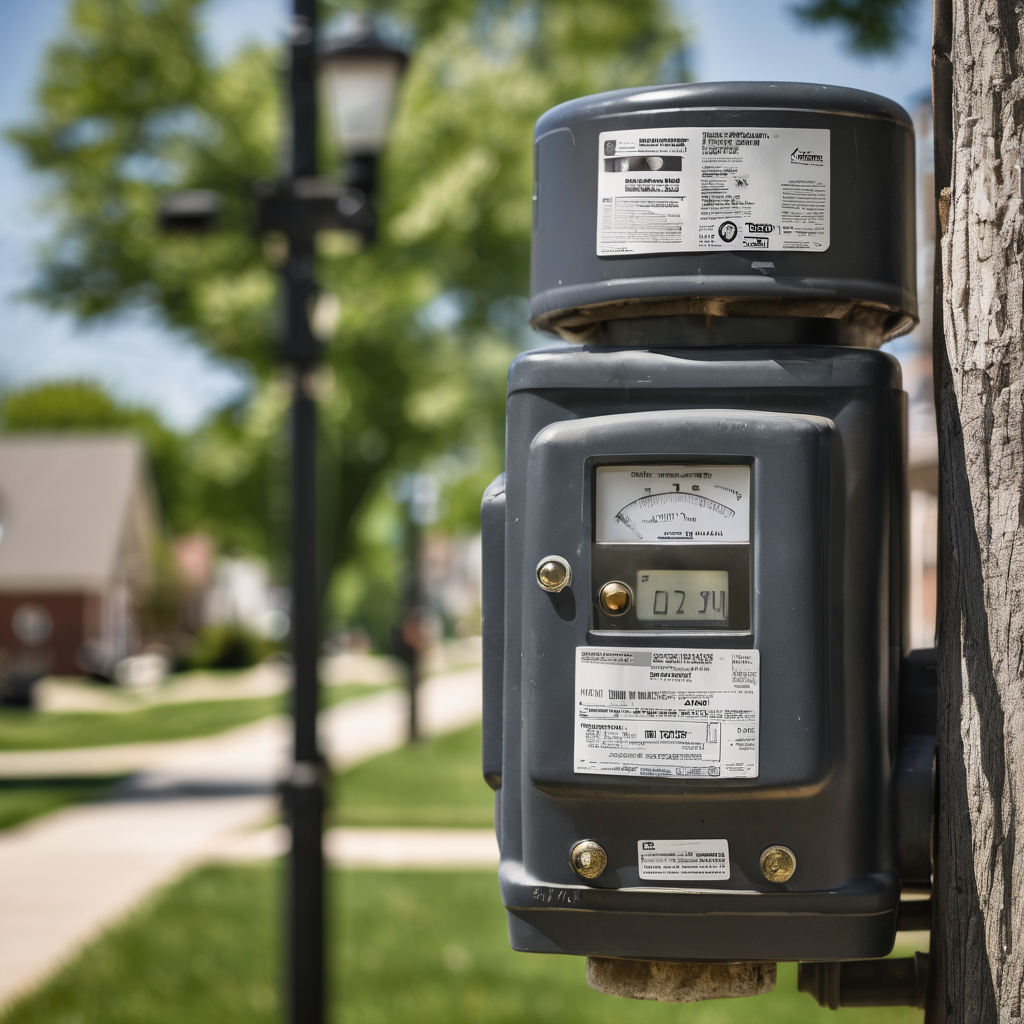Ameren Illinois has proposed a substantial natural gas rate increase of $128.8 million, marking its fourth hike in just seven years. This proposed increase comes under scrutiny, with two state administrative law judges suggesting a reduction of about $40–44 million to the request. Consumer advocates, including the Citizens Utility Board (CUB) and Illinois PIRG, have characterized the original hike as “bloated” and a “money grab,” urging regulators to further trim the request by as much as $82 million. CUB spokesperson Sarah Moskowitz expressed that the judges’ recommendation, while a step in the right direction, still falls short of adequately addressing consumers’ needs. Similarly, Illinois PIRG representative Abe Scarr noted that even with the proposed cut, there remains an opportunity for further limitations on the rate increase.
In defending the increase, Ameren Illinois claims it is necessary to ensure pipeline safety and reliability. Spokesman Brad Kleoppel has emphasized that the funds will be used for crucial infrastructure upgrades aimed at maintaining a secure natural gas distribution system while supporting a transition to cleaner energy. He noted that the proposal was filed in January and is currently under review, adding that customers can expect stable natural gas prices this winter due to the company’s proactive storage and hedging strategies.
Should the full rate hike be approved, the average residential gas bill could increase by approximately 13%, equating to an additional $10 per month for consumers. With winter approaching, tens of thousands of Illinois households may experience heightened heating costs. The Illinois Attorney General’s office has also raised alarms about Ameren’s proposal, alleging potential customer overcharges amounting to around $43.7 million, based on inflated project budgets.
In a broader context, Ameren is not alone in seeking rate increases. Nicor Gas has proposed a massive $314 million increase to upgrade its aging pipelines, with administrative judges already recommending a cut of about $110 million to the request. This reflects a concern among regulators regarding utility costs and their impact on consumers, particularly as multiple rate hikes coincide with rising heating expenses. Additionally, there is an increasing push for renewable energy sources in Illinois, which may alter the future landscape of gas dependency.
Ameren’s stock performance mirrors these developments, with shares trading around $105, close to its 52-week high. Market analysts remain divided in their expectations, suggesting cautious optimism amid ongoing regulatory scrutiny. Amidst these pressures, federal forecasters predict only modest changes in winter gas costs, with Midwest households projected to spend around $610 on natural gas this heating season—a slight increase compared to previous years.
As the Illinois Commerce Commission (ICC) prepares to render a final decision on Ameren’s request in the coming weeks, both regulatory bodies and consumer advocates are actively engaged in this pivotal battle over utility rates. A public forum scheduled for November 1 in East St. Louis will further highlight this issue, with advocacy groups warning that families could be forced to choose between heating and basic necessities.
This situation not only draws attention to immediate consumer concerns but also underscores the need for utilities to deliver reliable services while being mindful of the financial impacts on households. The outcome of the ICC’s decision could influence how aggressively regulators challenge future utility spending, potentially paving the way for more prudent energy solutions moving forward.
